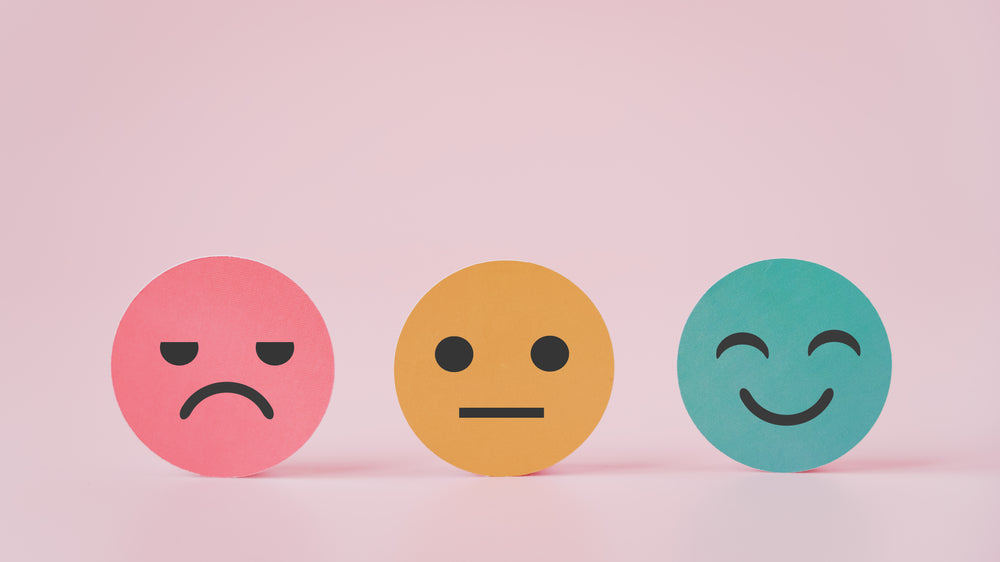
Understanding Mental Health Awareness: A Crucial Step Towards a Healthier India
Share
In recent years, mental health awareness has emerged as a critical topic in India, highlighting the importance of recognizing, understanding, and addressing mental health issues. As we navigate an increasingly complex world, the need for open conversations and proactive measures has never been more pressing.
The State of Mental Health in India
India faces a significant mental health crisis, with estimates suggesting that approximately 1 in 7 Indians experiences some form of mental health disorder. Conditions such as depression, anxiety, and stress-related disorders are on the rise, fueled by factors like urbanization, socio-economic challenges, and the lingering effects of the COVID-19 pandemic. Despite this alarming reality, mental health remains stigmatized, leading many to suffer in silence.
Breaking the Stigma
One of the most significant barriers to mental health care in India is stigma. Many individuals fear judgment from family, friends, and society, which prevents them from seeking help. To combat this, mental health awareness campaigns play a pivotal role. By sharing stories of recovery and resilience, we can humanize mental health struggles and encourage those affected to speak up.
The Importance of Education
Educating people about mental health is essential. Schools, workplaces, and community organizations must incorporate mental health education into their programs. Teaching individuals about common mental health conditions, their symptoms, and available treatments can empower them to recognize these issues in themselves and others.
Accessible Resources
Access to mental health resources is another crucial aspect of raising awareness. Many individuals are unaware of the available support systems, such as helplines, counseling services, and community support groups. Online platforms and apps are also emerging as valuable tools, providing easier access to mental health professionals and resources.
Promoting Self-Care
Encouraging self-care practices can significantly improve mental well-being. Simple habits like mindfulness, regular exercise, adequate sleep, and healthy eating can enhance emotional health. Workshops and community programs that focus on self-care strategies can foster a culture of mental well-being.
Role of Technology
The digital age has opened new avenues for mental health awareness. Social media platforms can serve as powerful tools for spreading information, sharing experiences, and fostering community support. However, it’s vital to approach these platforms mindfully, ensuring that the information shared is accurate and helpful.
Conclusion
Mental health awareness is not just about acknowledging the existence of mental health issues; it’s about fostering a culture of empathy, support, and understanding. By breaking the stigma, educating communities, and promoting accessible resources, we can pave the way for a healthier future.
As we continue to prioritize mental health awareness in India, let us work together to ensure that every individual feels valued, understood, and empowered to seek help. Remember, it’s okay not to be okay, and reaching out for support is a sign of strength, not weakness. Together, we can build a society where mental health is prioritized, and everyone has the opportunity to thrive.
